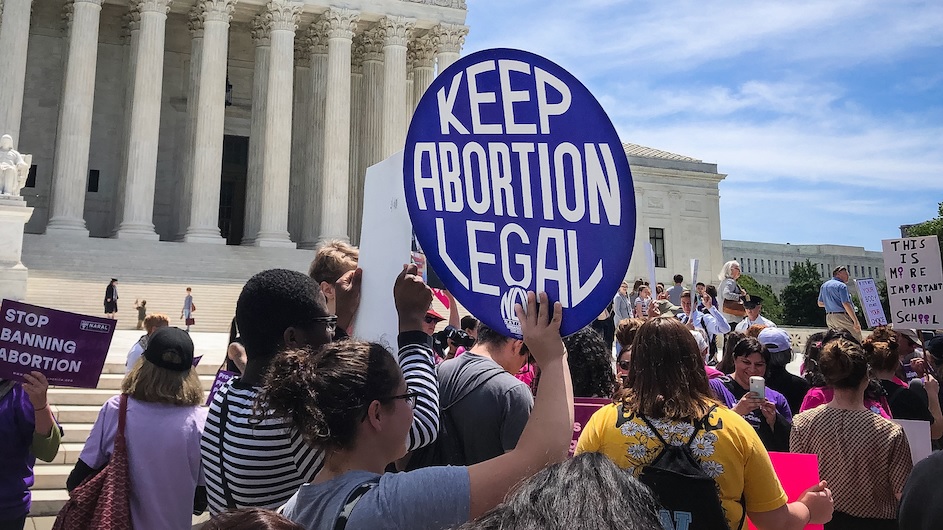
Abortion disinformation and its implications on women's health care
In the aftermath of the Supreme Court's decision to overturn Roe v. Wade, two recent cases highlighted by ProPublica have sparked significant discussion around abortion-related health issues. The cases involve Amber Nicole Thurman and Candi Miller, both of whom experienced severe complications after using abortion pills.
Amber Nicole Thurman sought medical help after taking abortion pills in the summer of 2022. While the pills effectively ended her pregnancy, they did not fully expel the fetal tissue, leading to an infection that ultimately claimed her life. Although she required a dilation and curettage (D&C) procedure to clear her uterus, ProPublica reported that Georgia's new law had made such a procedure a felony. However, it is important to note that D&Cs are not illegal in Georgia when performed for medical emergencies, including cases of miscarriage.
Similarly, Candi Miller, who had preexisting health conditions, took abortion pills that ended her pregnancy but failed to eliminate fetal remains. She succumbed to severe pain and complications that prompted her to use opioid painkillers, resulting in her death. While her son claimed she feared seeking hospital care due to potential legal repercussions, it is critical to clarify that Georgia law does not impose penalties on women for seeking abortion after the six-week limit.
Both cases raise questions about the medical care received and whether state laws directly influenced the outcomes. ProPublica's coverage has been scrutinized for suggesting that legal restrictions were the primary cause of these tragic incidents. Reports indicate that the medical teams involved had the authority to provide necessary care under existing laws.
As the political climate intensifies, abortion continues to be a focal point for campaigns, particularly among Democratic candidates. With less than two months until Election Day, the implications of these cases and the discourse surrounding them will likely influence public opinion on abortion and women's healthcare.







